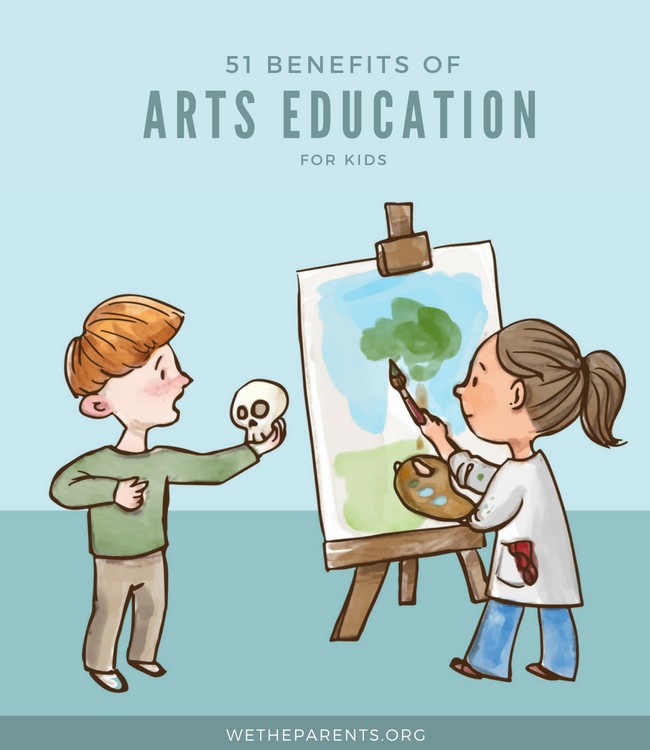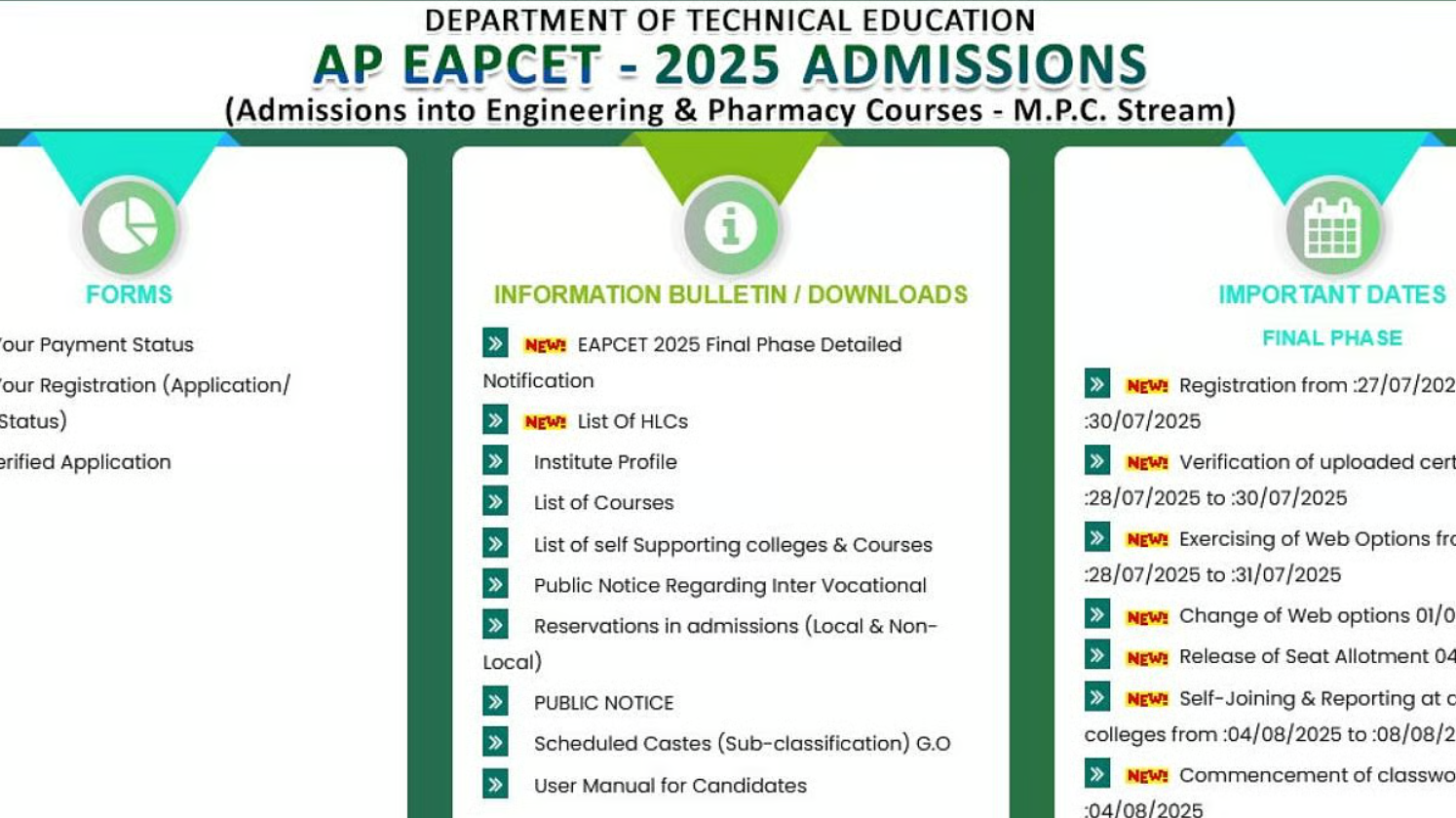Benefits of Arts Education
Arts education plays a crucial role in the holistic development of individuals, fostering creativity, critical thinking, and cultural appreciation. In this article, we will delve into the numerous benefits of arts education and highlight its significance in today’s society.
The Importance of Arts Education
Arts education encompasses various disciplines such as visual arts, music, dance, and theater. It goes beyond mere skill development and provides a platform for personal expression, imagination, and emotional intelligence.
Fosters Creativity and Innovation
One of the key benefits of arts education is its ability to nurture creativity and innovation. Through artistic exploration, individuals are encouraged to think outside the box, challenge conventional ideas, and develop unique perspectives. This creative thinking extends beyond the arts and can positively impact problem-solving skills in other areas of life.
Enhances Cognitive Abilities
Engaging in arts education has been shown to enhance cognitive abilities such as memory, attention, and concentration. Studies have found that individuals involved in arts education demonstrate improved academic performance, particularly in subjects like math and science. The integration of arts into the curriculum can provide a well-rounded education that stimulates both the analytical and creative aspects of the brain.
Promotes Emotional Well-being
Artistic expression allows individuals to explore and communicate their emotions safely and constructively. Through various art forms, individuals can find an outlet for self-expression, self-reflection, and emotional healing. Arts education helps individuals develop a greater sense of self-awareness, empathy, and emotional resilience.
The Social Benefits of Arts Education
Arts education also plays a significant role in fostering social connections, cultural understanding, and community engagement.
Encourages Collaboration and Teamwork
Participating in group artistic endeavors promotes collaboration and teamwork. Whether it’s a theater production, a musical ensemble, or a visual arts project, arts education encourages individuals to work together towards a common goal. This collaborative experience helps develop essential interpersonal skills, such as communication, compromise, and cooperation.
Cultivates Cultural Appreciation
Arts education exposes individuals to diverse cultural traditions, artistic styles, and historical contexts. By exploring different art forms from various cultures, individuals develop a deeper understanding and appreciation for the richness and diversity of human expression. This fosters cultural empathy, respect, and a sense of global citizenship.
Engages the Community
Arts education programs often involve community outreach and engagement. Through exhibitions, performances, and workshops, individuals have the opportunity to share their artistic creations with the community. This engagement not only enriches the local culture but also promotes social cohesion and a sense of belonging.

Arts education offers a multitude of benefits that extend far beyond the realm of creativity. It nurtures cognitive abilities, promotes emotional well-being, fosters social connections, and cultivates cultural appreciation. By recognizing the importance of arts education and integrating it into our educational systems, we can empower individuals to reach their full potential and contribute to a more vibrant and inclusive society.
Frequently Asked Questions
1. What are the benefits of arts education?
Arts education provides numerous benefits, such as fostering creativity, improving critical thinking skills, boosting self-confidence, enhancing problem-solving abilities, and promoting cultural understanding.
2. How does arts education contribute to academic success?
Studies have shown that students engaged in arts education often perform better in other academic subjects, including math, science, and language arts. It helps develop cognitive skills and improves overall academic performance.
3. Can arts education improve social skills?
Yes, arts education encourages collaboration, teamwork, and communication among students. It helps them develop empathy, understanding, and respect for diverse perspectives, thus enhancing their social skills.
4. Does arts education have an impact on emotional well-being?
Absolutely! Engaging in arts education activities like music, painting, or drama can reduce stress, anxiety, and depression. It provides an outlet for self-expression and emotional release, leading to improved mental well-being.
5. How does arts education promote cultural appreciation?
Arts education exposes students to various forms of art from different cultures, fostering an appreciation for diversity and promoting cultural understanding. It helps students develop a global perspective and respect for different traditions.
6. Can arts education enhance creativity?
Yes, arts education encourages students to think outside the box, explore new ideas, and express themselves creatively. It nurtures imagination and innovation, which are essential skills in today’s rapidly evolving world.
7. Does arts education help in developing problem-solving skills?
Absolutely! Arts education requires students to analyze, interpret, and find creative solutions to artistic challenges. These problem-solving skills can be transferred to other areas of life, improving critical thinking abilities.
8. How does arts education contribute to self-confidence?
Engaging in arts education allows students to showcase their talents and receive recognition for their achievements. This positive reinforcement boosts self-confidence and self-esteem, helping students believe in their abilities.
9. Can arts education improve communication skills?
Yes, arts education involves expressing ideas, emotions, and narratives through various art forms. It helps students develop effective communication skills, both verbally and non-verbally, improving their ability to convey messages.
10. Is arts education only beneficial for students pursuing artistic careers?
No, arts education offers benefits that extend beyond artistic careers. The skills developed through arts education, such as creativity, critical thinking, problem-solving, and communication, are valuable in various fields, including business, technology, and healthcare.




